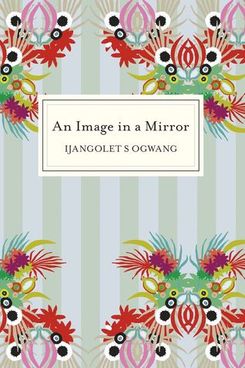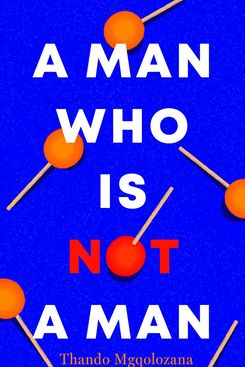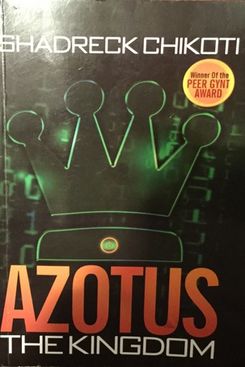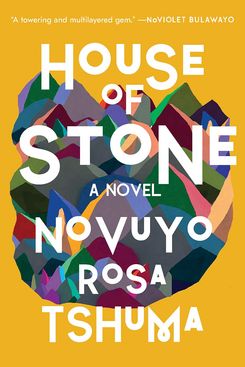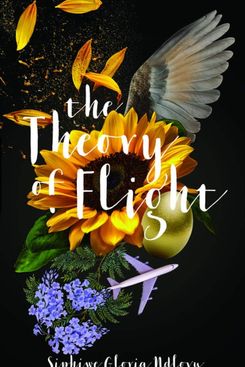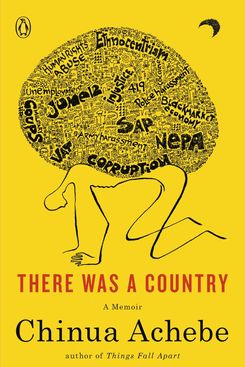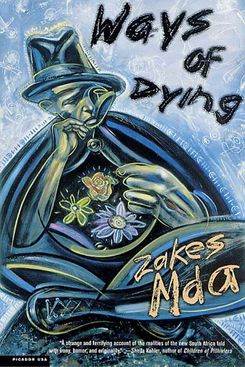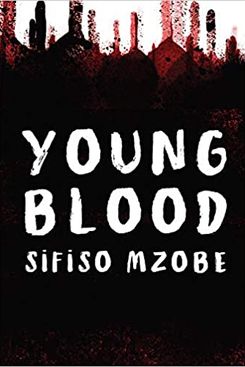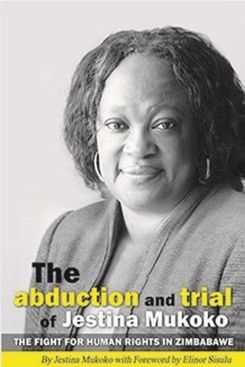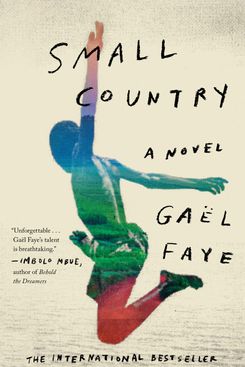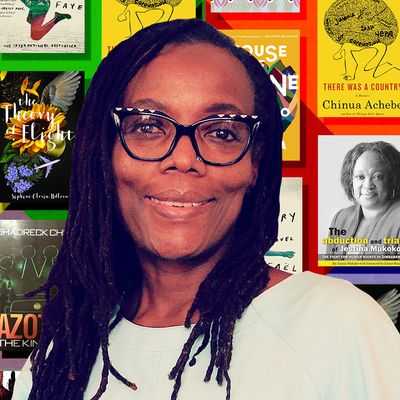
Bookseller One Grand Books has asked celebrities to name the ten titles they’d take to a desert island, and they’ve shared the results with Vulture. Below is Zimbabwean novelist, playwright, and filmmaker Tsitsi Dangarembga’s list.
This wonderfully charming coming-of-age novel explores national differences through the lens of teenage twin girls, one adopted in South Africa and one who remains behind with the girls’ mother in Uganda. In gentle, patient prose, Ogwang dissects the commonalities that override class differences amongst women in contemporary Africa.
This sensitive, heartbreaking novel tells the story of a young man who leaves his no-good father’s Cape Town abode to travel back to his mother’s Xhosa village where he is made to undergo initiation. This look from within the culture at the damage young men’s initiation can do is immensely courageous and honest.
Azotus: The Kingdom is a quietly compelling gem of African speculative fiction. Published in 2015 before the COVID-19 pandemic, it describes how the human need to reach out and connect triumphs in a world in which all human contact is banned or strictly controlled.
Novuyo Tshuma’s House of Stone tells the story of the 1980s Zimbabwean genocide of the people of Matabeleland in the south of the country with passion and virtuosity. A young man pesters his adoptive family to reveal his father’s identity, until the terrible truth of his conception in an act of brutality during the ethnic cleansing is revealed.
This is the delightfully whimsical tale of a Dolly Parton lookalike called Genie. The many ways Genie loses, loves, and wins in her home town where the effects of a brutal genocide are still felt and where HIV devastates are described with dazzling, delicate magic.
This forthright yet carefully considered memoir dissects the 1960s Biafran secession war from Nigeria with a precision informed by service as one of the protagonists in the conflict. The international interests that contributed to the carnage are exposed in a manner which reveals how similar interests operate to devastating effect in many African nation-states.
Set in the violence of the transition from apartheid, Ways of Dying tells the story a South African city’s first professional mourner, Toloki, who reunites with the flame of his youth who arrives in town from the village. Mda celebrates the healing power of tenderness and love in this triumphant, wonderfully moving work.
In this fast-paced coming-of-age novel, talented mechanic Sipho believes he doesn’t have the intelligence to do well at school and drops out. Enticed by the promise of easy money and thrills, he becomes a gang member in a Durban township. The soul of a young South African man is laid bare as Sipho finds his way forward to an honest life.
A growing body of literature concerned with the atrocities of the Matabeleland Genocide in Zimbabwe often obscures the fact that there is little writing from within the country dealing with ZanuPF acts of terror on citizens outside Matabeleland. In this brave memoir former broadcast journalist Jestina Mukoko relates her 2008 kidnapping from her Harare home at the crack of dawn, and her subsequent illegal detention and torture at the hands of the Zimbabwean state.
Gaël Faye paints a disturbing picture of the way in which the 1990s genocide in Rwanda stretched its tentacles out into neighboring Burundi, disrupting 11-year-old Gabriel’s privileged life in an upmarket suburb of the country’s capital city. It is a novel of the pernicious social breakdown without relief which besets too many African states.
More From This Series
- Greta Gerwig’s 10 Favorite Books
- Michaela Coel’s 10 Favorite Books
- François Ozon’s 10 Favorite Books
